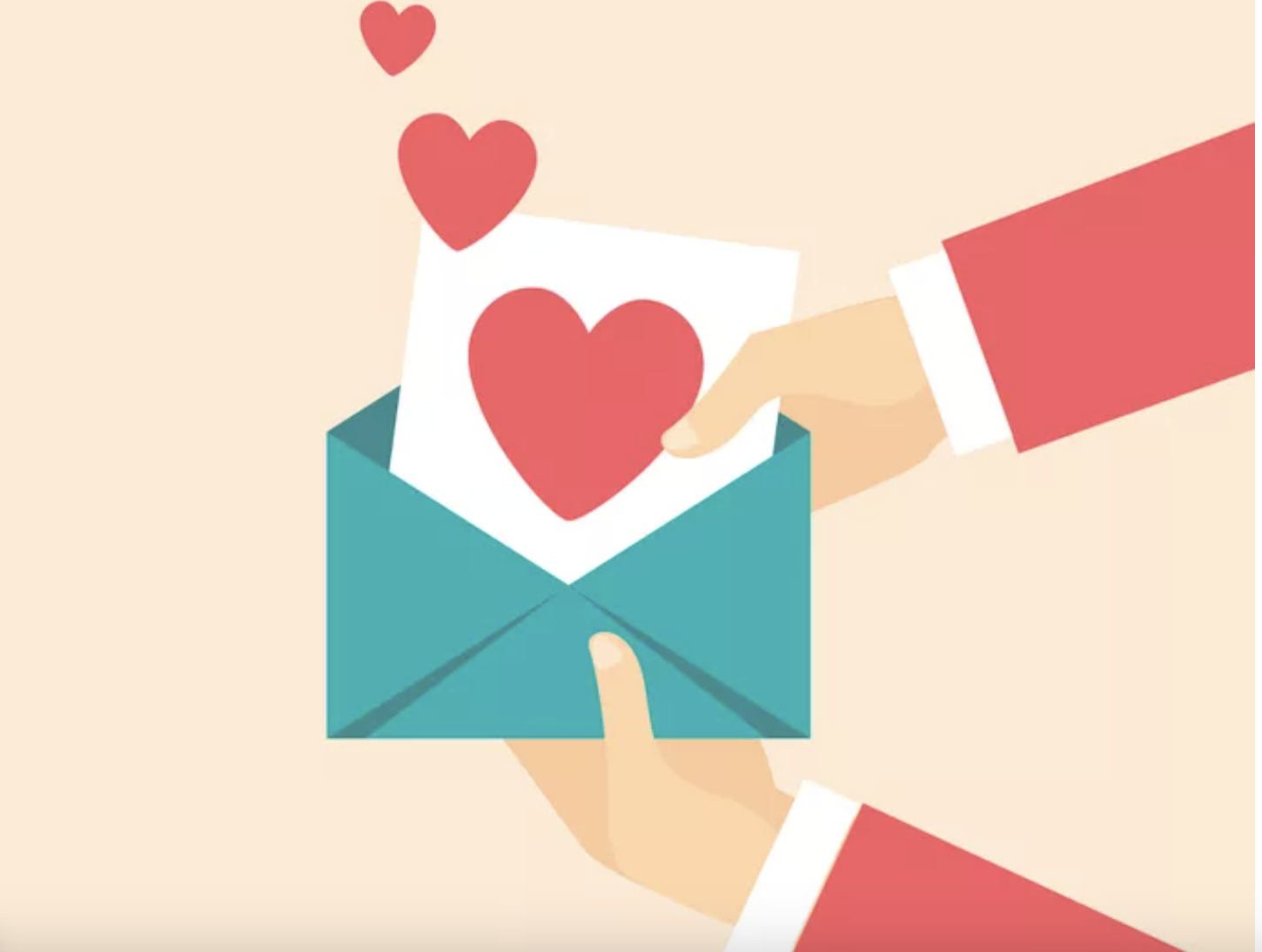February is typically a short month. What makes it even shorter in school is all the holidays we celebrate and learn about.
Valentine's Day, celebrated annually on February 14th, is a time dedicated to expressing love and affection towards significant others, family members, and friends. Originating from ancient Roman rituals and later associated with the Christian martyr Saint Valentine, the holiday has evolved into a day marked by the exchange of cards, gifts, and gestures of romance. Whether it's through heartfelt messages, intimate dinners, or thoughtful gestures, Valentine's Day serves as a reminder to cherish and celebrate the bonds of love and friendship that enrich our lives. Check out our fun Valentine's Day Interdisciplinary Unit.
Chinese New Year, also known as the Spring Festival, is a vibrant and significant celebration in Chinese culture, marking the beginning of the lunar new year. It is a time of reunion for families, with traditions steeped in symbolism and superstition. The festivities typically last for fifteen days, characterized by colorful decorations, fireworks, and cultural performances. People clean their homes to sweep away ill-fortune and make way for incoming luck, while red decorations, symbolizing prosperity and happiness, adorn streets and households. Families gather for sumptuous feasts, featuring traditional dishes like dumplings and fish, and exchange red envelopes containing money for good luck. The Chinese New Year is a time of renewal, reflection, and hope, emphasizing the importance of family, good fortune, and the promise of a fresh start. Use our Chinese New Year Lesson Guide to teach your class about Chinese New Year.
President's Day, observed annually on the third Monday of February in the United States, is a commemoration of the nation's past leaders and their contributions to American history. Celebrations often include ceremonies, educational events, and historical reenactments that honor the achievements and legacies of former presidents, particularly George Washington and Abraham Lincoln, whose birthdays are in February. Many communities host parades, museum exhibits, and special programs that highlight the pivotal role presidents have played in shaping the country's political landscape and cultural identity. President's Day serves as a reminder of the enduring impact of presidential leadership and the enduring values upon which the nation was founded. Check out my resource for an interdisciplinary unit to use on President's Day.
In 2024, a leap year occurring every four years, February receives an extra day, making it a 29-day month instead of its usual 28. This additional day, February 29th, adjusts the calendar to synchronize with the Earth's orbit around the sun, maintaining accuracy in timekeeping. Leap years are essential to prevent the misalignment between the calendar year and the astronomical year, ensuring seasonal and astronomical events remain consistent over time. As with every leap year, 2024 provides an opportunity to celebrate an extra day, offering a rare occurrence that prompts reflection on time, tradition, and the precision of our calendar system. Check out my resource for Leap Year Fun in your class.
What is your favorite February holiday to celebrate with your kids?
Feel free to share your ideas, visit my Facebook page or follow me on Pinterest.
Happy February!!!



Comments ()